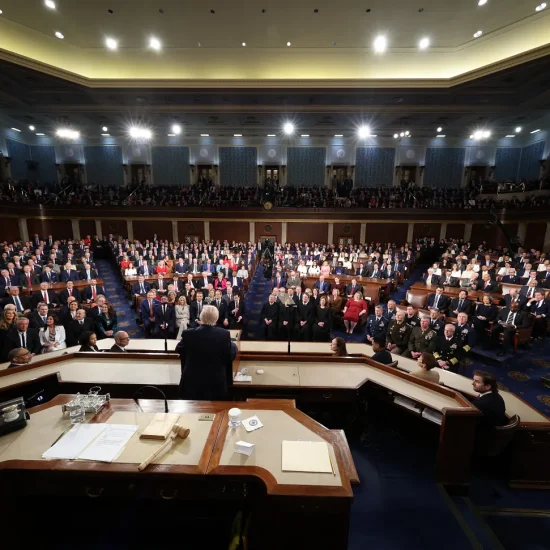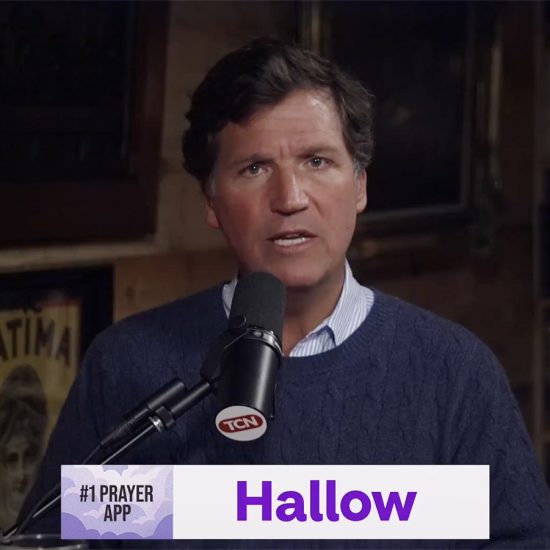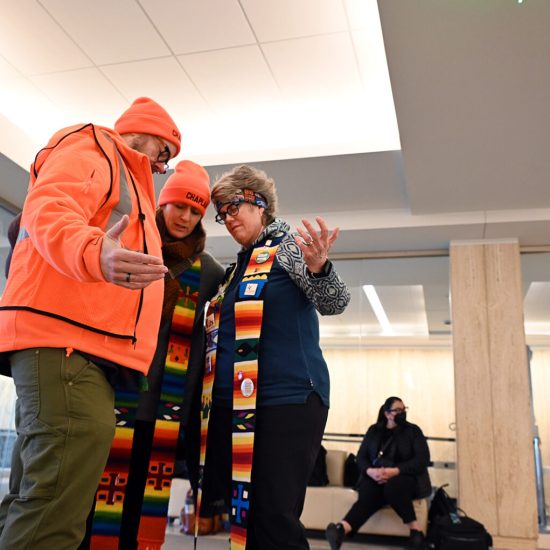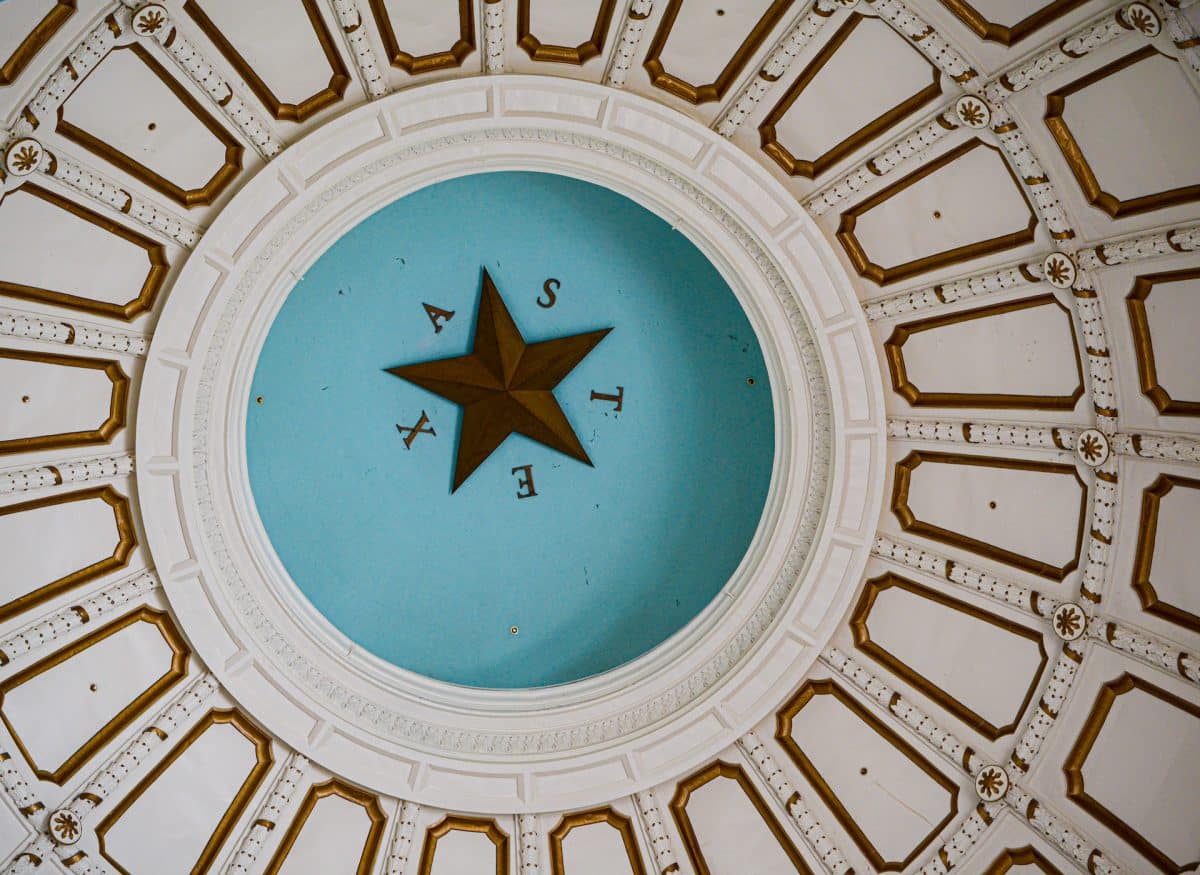
I am a multigenerational Texan whose family roots are soaked in Southern Baptist waters. Abortion, same-sex marriage, education, and religious liberty are just some examples of the political conservations that fill my community. So, when Governor Greg Abbott began to promote bills concerning these topics and fight against “woke agendas in schools,” I knew there was a religious undertone.

Christopher Symms
March 13th was “Texas Faith and Family Day” at the Texas State Capitol as the legislature is in the middle of its 88th session. Participants could meet up at Grace Woodlands Church in Houston or First Baptist Church in Dallas to ride to the Capitol. Hosted by the nonprofit organization, Texas Values, the event was designed to equip supporters with “important information on religious freedom, marriage & family, parental rights, and pro-life issues.” The afternoon would consist of a rally followed by active engagement with elected officials.
The major speakers for the event were Lt. Gov. Dan Patrick, pro-life advocate Abby Johnson, and school choice evangelist Corey DeAngelis. Texas Eagle Forum, formed by a pro-family leader and anti-feminist Phyllis Schlafly (1924-2016), is an ally organization that was also in attendance. Others that endorsed these events are James Dobson, founder of Focus on the Family, Texas Sen. Ted Cruz, and Tim Lambert, president of the Texas Homeschool Coalition.
However, this conservative lobbying group was not the only voice of concern for families and God at the Capitol. The Texas Unitarian Universalist Justice Ministry gathered in the Central Court to sing songs of love and peace. Standing with them were parents, grandparents, and school-aged children as their voices echoed into the wings of the building supporting environmental, racial, and LGBTQ+ justice. The organizer, Rev. Erin Walter, expressed her opposition to some of the proposed bills: “I am thinking about what we hand down to the generations to come and the gratitude we feel for the generations before.”
While an acoustic concert took place inside, the Texas Values rally was located on the South Steps of the Capitol at noon where a few state representatives lined the stage. Jonathan M. Saenz, the Texas Values president, introduced Riley Gaines again as she continued her speech from the morning briefings. Riley Gaines is an NCAA swim competitor and activist for HB23, “Save Women’s Sports,” which bans transgender athletes from participating on a collegiate level. Texas Values also hosted a live stream for anyone who could not attend in person.
Notably, the stream did not include the speeches given by the top two headliners: Abby Johnson and Dan Patrick. Johnson’s speech accused the LGBTQ+ and pro-choice movements of corroboration and labeled them “anti-God” and “anti-life.” Johnson described a personal experience in which prayer revealed to her how Planned Parenthood in Houston would repurpose the ambulatory surgical suites intended for abortion services. She believes they will start offering transitional surgery for children to recuperate lost revenue due to the Texas Heartbeat Act.
Patrick’s speech focused on the Texas Parental Empowerment Program 2023 (SB176) which uses a premium insurance tax credit to help families fund their child’s education. It is essentially a voucher provided by the state to help pay for private tuition and religious institutions. He stated, “We will not back down in the state of Texas. We will stand up to the wokeness that is dividing our nation and destroying our families.” He continues, “If we don’t stand for God in Texas, then who will? We’re it. God called the people of Texas to stand here now, to stand for his word, and to stand for families.”
Texas Values is very active and its supporters have recently celebrated victories that delayed the public school curriculum’s revisions on LGBTQ+ history and Critical Race Theory. Texas Values and government leaders are treating the terms “woke” and “anti-biblical” as synonymous through this rhetoric to defend religious freedom.
In the past, Christian Right activists have used the state as a tool to push discriminatory laws and advocated for the restriction of liberties under the guise of religious freedom. Texas Values organization is an example of how this still plays a role in Texas’ political climate. Their affiliate, Church Ambassador Network allows pastors (and their churches) to join the cause in giving “moral guidance and counsel from the church to fulfill [the government’s] purpose to punish evil and reward good.” All the bills are presented to be the exercise of “religious freedom” and its superior status on the hierarchy of rights.
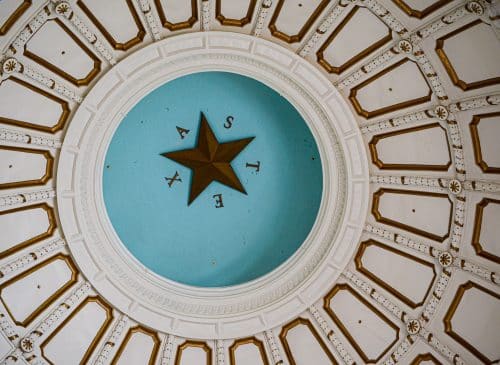
Ceiling of the dome at the Texas State Capitol (Pete Alexopoulos / Unsplash)
My younger self would have simply dismissed the other voices inside the halls by labeling them as “woke” and a stumbling block. I would reassure myself that the Bible and the worldview it established for America needed to be protected. However, whether the Nation was founded on Christian values or not, I now see the hierarchy of liberties that have been created to benefit a certain group of people with religious liberty at the top.
Religious freedom was founded to protect the rights of all faiths, beliefs, and worldviews. America has seen the travesty it causes when the government sponsors one faith over another or establishes a cultural majority. Tracy Fessenden at Arizona State University has written much on religion in the public sphere. Her contribution to the work American Christianities: A History of Dominance and Diversity traces the idea of religious freedom and its development as America becomes more religiously pluralistic. She notes in 1940, The Temple of Religion was “For All Who Worship God and Prize Religious Freedom.” This was an effort by Catholics, Jews, and Protestants to encourage unity and peace. It noticeably left out Muslims, Buddhists, and other foreign religions, as well as those with opposing political views. This led to further ostracization and limited the voice of these communities.
Anthea Butler, in her work White Evangelical Racism: The Politics of Morality in America, describes The Masterpiece Cakeshop case in Colorado in 2017 as a clash between civil rights and religious liberties. The business owner claimed “religious freedom” to deny service to a same-sex couple. He stated that his artwork is his way of speaking, meaning he should be protected under free speech and religious freedom, and be able to refuse service to same-sex couples. This type of reasoning was also used to protect businesses refusing services to people of color during the civil rights movement.
Several have noted that the Supreme Court decision in Carson v. Makin mandates that if a state implements a voucher program, it must also implement one for religious schools. Other states, such as Maine and Vermont, have already implemented a similar type of program. Baptist Joint Committee, an advocate for faith and freedom for all, defended the Maine public school system’s choice not to fund religious schools in Carson v. Makin, noting the historic and constitutional reasons to avoid government-funded religion.
This is a reality for Texas as the anti-transgender and education bills continue gaining traction in the Senate and religious lobby groups intervene. In Texas, the ban on curriculum is a restriction of liberties for those who believe in such philosophies. It is the words of Baptist Roger Williams that helped establish the separation of church and state and it must be upheld to have a healthy nation and speak when others cannot be heard or are ignored.
Christopher Symms is a graduate student at Portland Seminary pursuing a Masters of Arts in Theological Studies (MATS).

